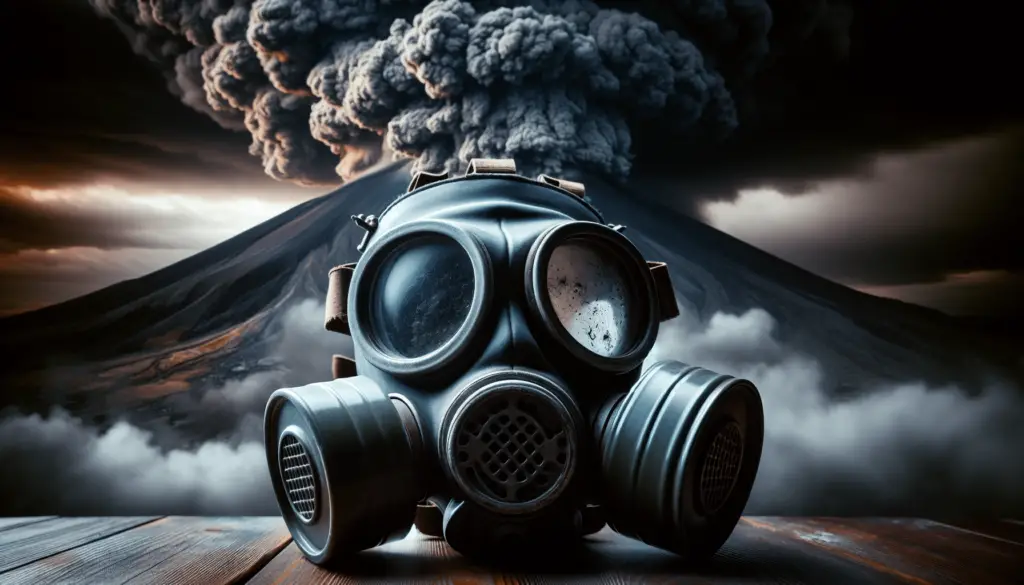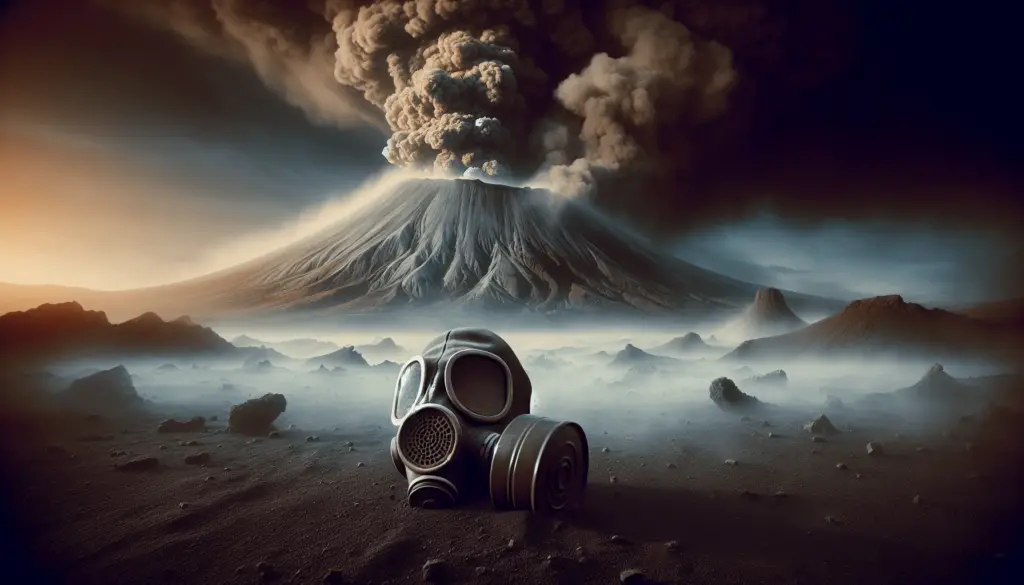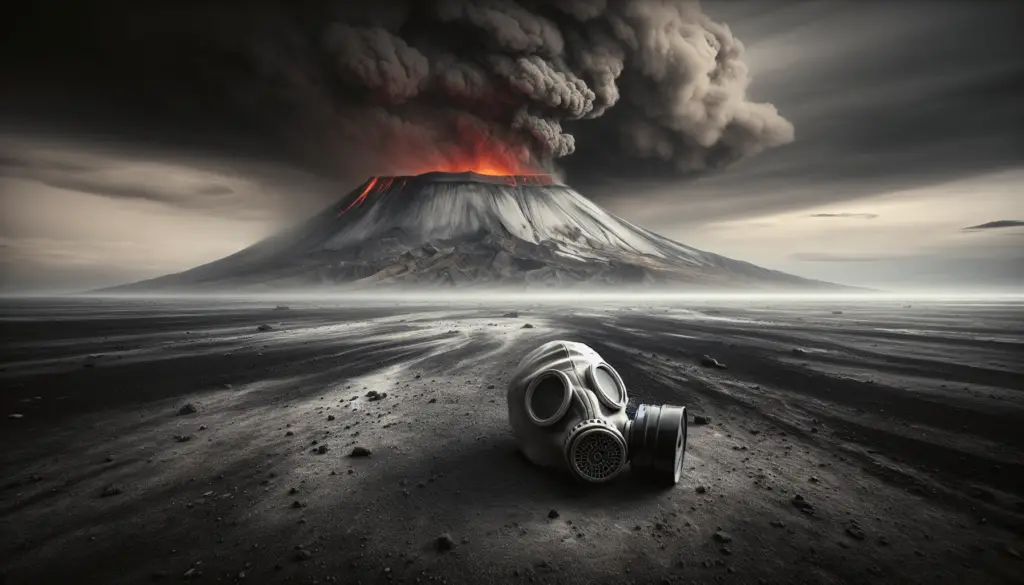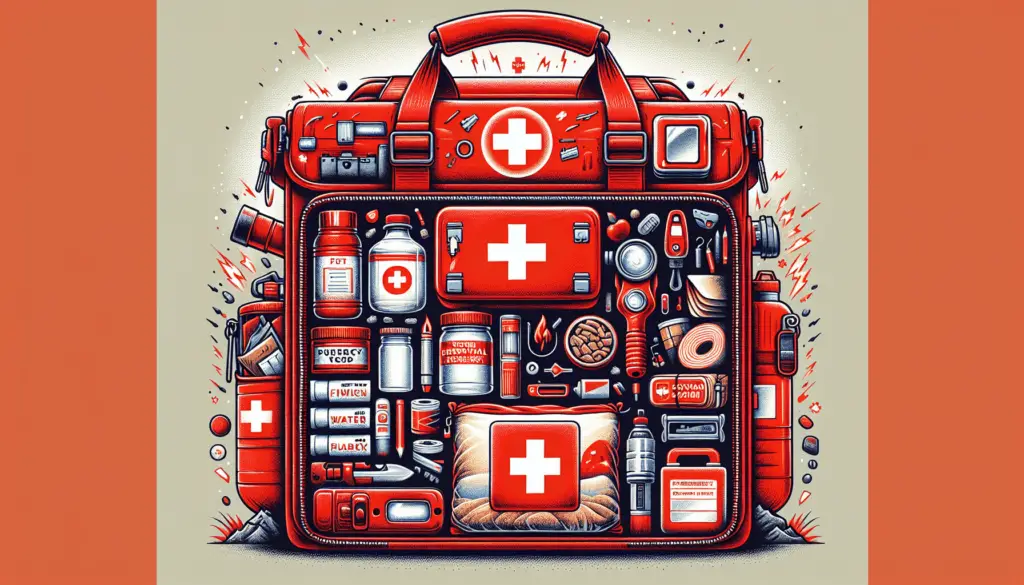Have you ever wondered what you would do if a supervolcano were to erupt near you?

Understanding Supervolcanoes
Supervolcanoes are capable of producing massive eruptions that can have catastrophic effects on the environment and society as a whole. These eruptions are thousands of times more powerful than typical volcanic eruptions, and their impact can be felt across the globe.
How Supervolcanoes Form
Supervolcanoes are formed by the accumulation of large reservoirs of magma beneath the Earth’s surface. When the pressure within these reservoirs becomes too great, it can result in a catastrophic eruption.
Signs of an Impending Eruption
There are several signs that scientists monitor to predict a supervolcano eruption. These signs include increased seismic activity, ground deformation, and changes in gas emissions. It is essential to be aware of these indicators to prepare for a potential eruption.
Preparing for a Supervolcano Eruption
Create a Family Emergency Plan
It is crucial to have a family emergency plan in place in case of a supervolcano eruption. This plan should include evacuation routes, meeting points, and communication strategies. Make sure every member of your family is familiar with the plan and knows what to do in case of an emergency.

Build an Emergency Kit
Assemble an emergency kit that includes essential items such as non-perishable food, water, first aid supplies, flashlights, batteries, and a battery-powered radio. Make sure to store your emergency kit in a location that is easily accessible in case of an evacuation.
Stay Informed
Stay informed about the latest developments regarding the supervolcano by following updates from local authorities and reputable sources. It is essential to be aware of any evacuation orders or safety guidelines that may be issued in your area.
Evacuation Planning

Know Your Evacuation Routes
Familiarize yourself with evacuation routes in your area and have multiple options in case some routes are blocked or unsafe. Plan ahead and practice driving these routes to ensure you know the way to safety.
Pack Important Documents
Gather important documents such as identification, insurance policies, medical records, and passports and store them in a waterproof and fireproof container. These documents are crucial in proving your identity and accessing essential services in the aftermath of an eruption.

Secure Your Home
Before evacuating, make sure to secure your home by closing all windows and doors and turning off utilities such as gas and electricity. Remove any outdoor furniture or objects that could become projectiles in high winds.
Sheltering in Place
Create a Safe Room
Designate a safe room in your home where you can seek shelter in case of an eruption. This room should be located on the lowest level of your home, away from windows, and stocked with emergency supplies such as food, water, and first aid supplies.

Seal Windows and Doors
Seal windows and doors with plastic sheeting and duct tape to prevent ash from entering your home. Close all vents and turn off heating and air conditioning systems to minimize the infiltration of ash and gases.
Stay Indoors
During an eruption, it is essential to stay indoors to avoid exposure to ash and gases. Close curtains and blinds to block out sunlight and minimize the amount of fine ash that enters your home.
After the Eruption
Listen to Authorities
After a supervolcano eruption, listen to instructions from local authorities and follow their guidance on when it is safe to return to your home. Do not re-enter the affected area until you have been given the all-clear.
Check for Roof Damage
Inspect your home for any roof damage caused by falling ash and debris. If you notice any damage, contact a professional to assess the extent of the damage and make necessary repairs.
Seek Medical Attention
If you experience any health issues such as breathing difficulties, eye irritation, or skin rashes after an eruption, seek medical attention immediately. These symptoms could be signs of exposure to harmful gases and ash.
Conclusion
In conclusion, surviving a supervolcano eruption requires thorough preparation and planning. By understanding the nature of supervolcanoes, creating a family emergency plan, and staying informed about the latest developments, you can increase your chances of staying safe in the event of an eruption. Remember to prioritize safety and follow the guidance of local authorities to protect yourself and your loved ones.
